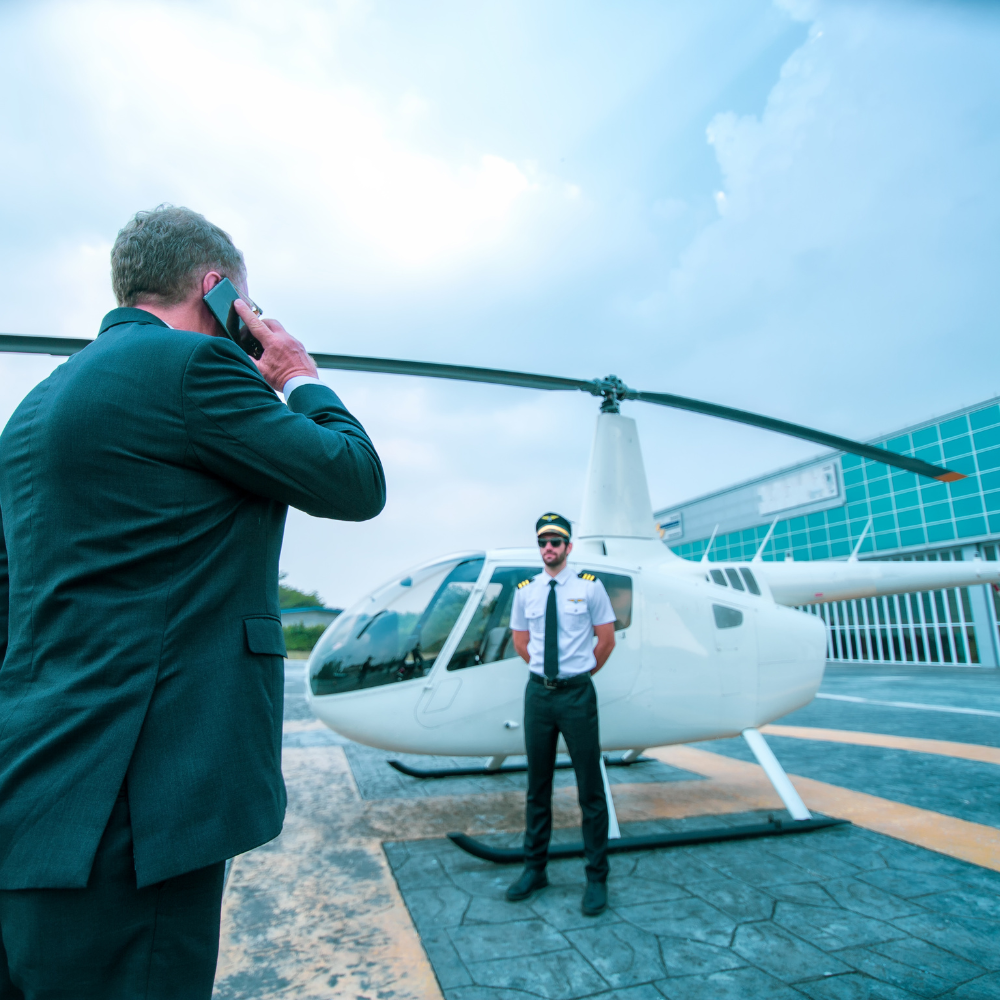Europe’s flying taxi ambitions stall amid funding shortages
The electric flying taxi industry, once touted as the future of urban transportation, is encountering significant turbulence. At this year’s Paris Olympics, one of the most anticipated innovations was Volocopter’s electric-powered VoloCity aircraft. The German company had promised its two-seater flying taxis would ferry passengers across the city. However, instead of delivering on this promise, Volocopter conducted only demonstration flights.
The missed deadline underscored deeper challenges within the company. Volocopter has been scrambling to secure fresh investment to sustain operations. Efforts to secure €100 million in funding from the German government failed earlier this year. Currently, hopes rest on a potential deal with Chinese automotive giant Geely, which could see the latter take an 85% stake in exchange for $95 million. If finalized, the deal may lead to future manufacturing moving to China.
Volocopter’s struggles are emblematic of the broader challenges facing the electric vertical take-off and landing (eVTOL) industry. These aircraft promise the convenience of helicopters without the high costs, noise, and emissions. However, the massive expenses associated with regulatory approval and scaling manufacturing have caused some investors to retreat.
Lilium, another high-profile German eVTOL company, has faced even steeper setbacks. Known for its innovative design featuring 30 electric jets capable of transitioning between vertical lift and forward flight, Lilium initially attracted substantial interest. The company claimed to have 780 orders and raised €1.5 billion to fund its operations.
Despite these promising developments, Lilium ran out of cash this year. Efforts to secure a €100 million loan from Germany’s development bank, KfW, fell through due to a lack of government guarantees. In November, the company entered insolvency proceedings, and its shares were delisted from the Nasdaq. While work on its aircraft continues under restructuring, the future of Lilium remains uncertain.
In the UK, Vertical Aerospace has made strides with its VX4 aircraft, which features eight large propellers and is designed to be quieter and more cost-efficient than helicopters. Piloted testing began this year, marking significant progress despite setbacks such as a prototype crash in 2022 and the withdrawal of Rolls-Royce as a partner.
Stephen Fitzpatrick, founder of Vertical Aerospace, has invested additional funds into the company to address ongoing financial pressures. However, challenges persist, with the company’s future hinging on a proposed $75 million investment from Jason Mudrick of Mudrick Capital Management. While this funding could provide stability, Fitzpatrick has resisted the deal due to concerns about losing control of the company he founded.
Despite widespread financial turbulence in the eVTOL sector, some projects remain promising. Airbus’s CityAirbus NextGen, a four-seater aircraft with an 80km range, benefits from the aerospace giant’s resources and technical expertise. In the United States, well-funded startups like Joby and Archer continue to advance their eVTOL designs, offering hope for the sector’s long-term potential.
However, significant challenges loom. High operational costs, particularly for pilots and battery replacements, threaten profitability. While many investors entered the eVTOL market hoping to replicate Tesla’s success in electric vehicles, the path to a viable and sustainable industry remains steep and uncertain.










